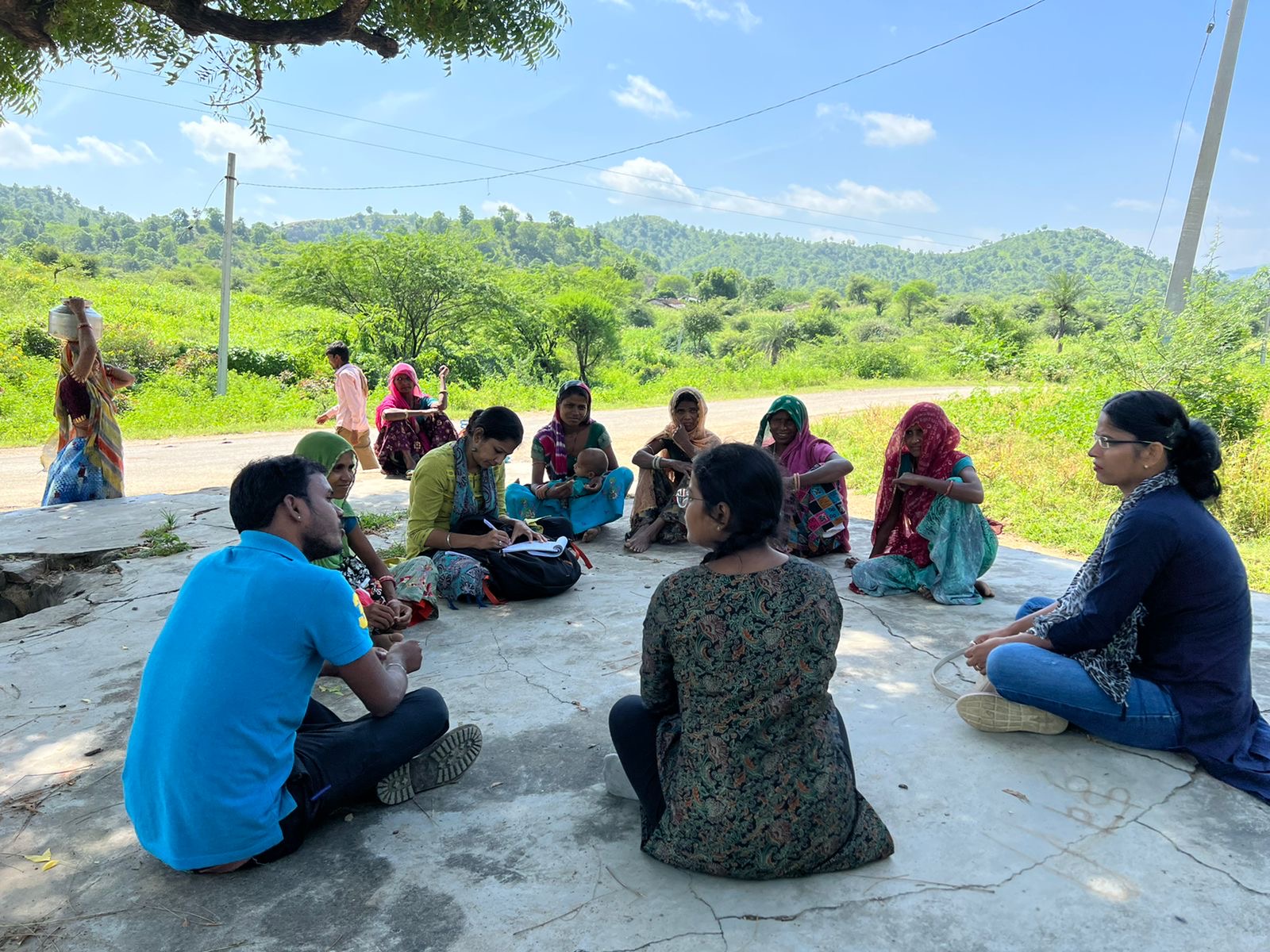In the realm of research, data is often seen as king. Numbers, statistics, and hard facts are what drive many decisions in academia, business, and policy. However, when it comes to ground research – the act of going into communities and interacting directly with the subjects of study – there’s another element that’s equally crucial: empathy.
What is Empathy?
Empathy is the ability to understand and share the feelings of another. It’s more than just sympathy, which is feeling compassion for someone; empathy involves putting yourself in someone else’s shoes, seeing the world from their perspective.
Why is Empathy Important in Ground Research?
- Building Trust: When researchers approach communities, especially those that are marginalized or wary of outsiders, empathy is the bridge that builds trust. By showing genuine concern and understanding, researchers can foster a relationship that allows for more open and honest communication.
- Gathering Richer Data: Empathetic interactions often lead to deeper conversations. When people feel understood, they are more likely to share personal stories, emotions, and insights that might not emerge in a more clinical or detached research setting.
- Ethical Considerations: Ground research often delves into sensitive areas of people’s lives. Approaching such topics without empathy can be not only ineffective but also harmful. Empathy ensures that researchers approach subjects with the respect and care they deserve.
- Informed Solutions: Truly understanding the challenges and needs of a community leads to more effective and sustainable solutions. Without empathy, researchers might miss nuances that are crucial for the success of interventions or policies.
How to Cultivate Empathy in Ground Research
- Active Listening: This means fully concentrating, understanding, responding, and remembering what the other person is saying. It’s not just about hearing words but understanding the emotions and meanings behind them.
- Open-ended Questions: Instead of seeking specific answers, ask questions that allow people to share their stories and experiences in their own words.
- Avoid Assumptions: Every individual and community is unique. Approach each research subject with an open mind, free from preconceived notions.
- Spend Time: Empathy isn’t something that can be rushed. Spend ample time in the community, immerse yourself in their daily lives, and truly get to know the people you’re studying.
- Feedback Loops: After gathering data, share your findings with the community and get their feedback. This not only ensures accuracy but also reinforces trust and mutual respect.
Challenges of Empathetic Ground Research
While the importance of empathy is clear, it’s not always easy to maintain. Researchers might face:
- Emotional Burnout: Engaging deeply with people’s struggles and challenges can be emotionally taxing. It’s essential to practice self-care and seek support when needed.
- Bias: Getting too emotionally involved can sometimes cloud judgment. It’s a delicate balance to maintain empathy while also ensuring objectivity.
- Cultural Barriers: Different cultures have different ways of expressing and understanding emotions. It’s crucial to be aware of these differences and approach them with sensitivity.
Conclusion
Empathy is not just a soft skill or an added bonus in ground research; it’s a fundamental component that can make or break the success of a study. By approaching communities with an open heart and a genuine desire to understand, researchers can gather richer data, build trust, and ultimately create more impactful and sustainable solutions.

